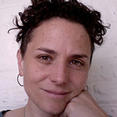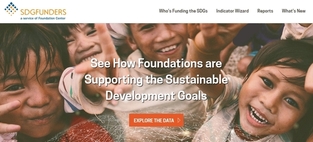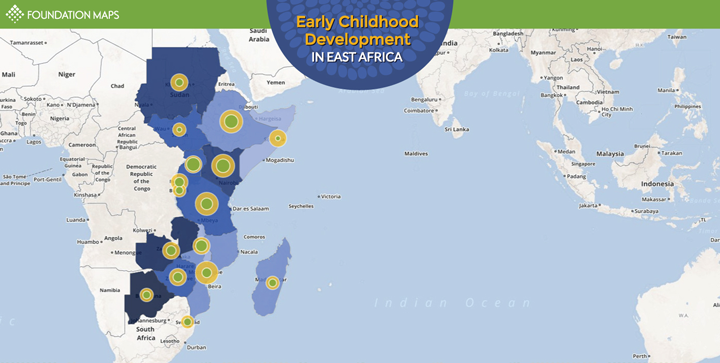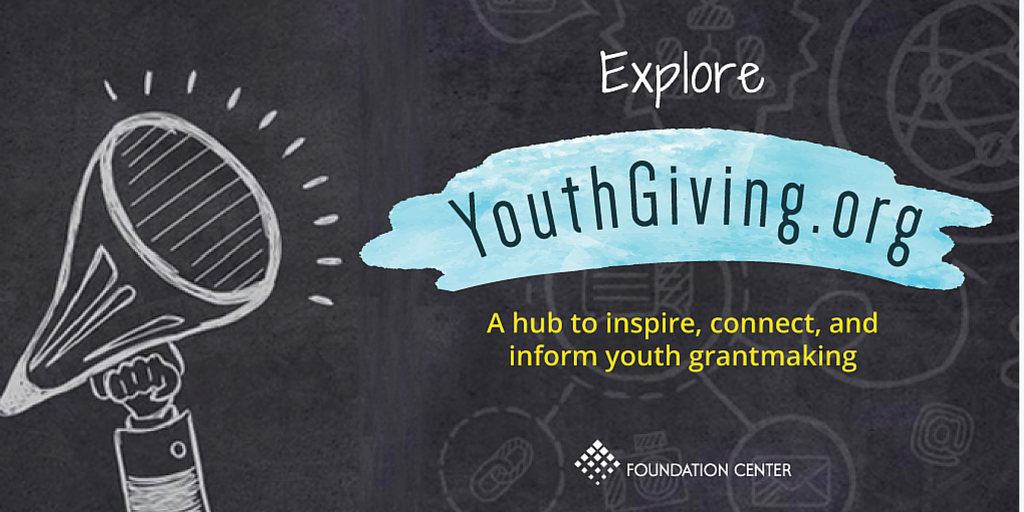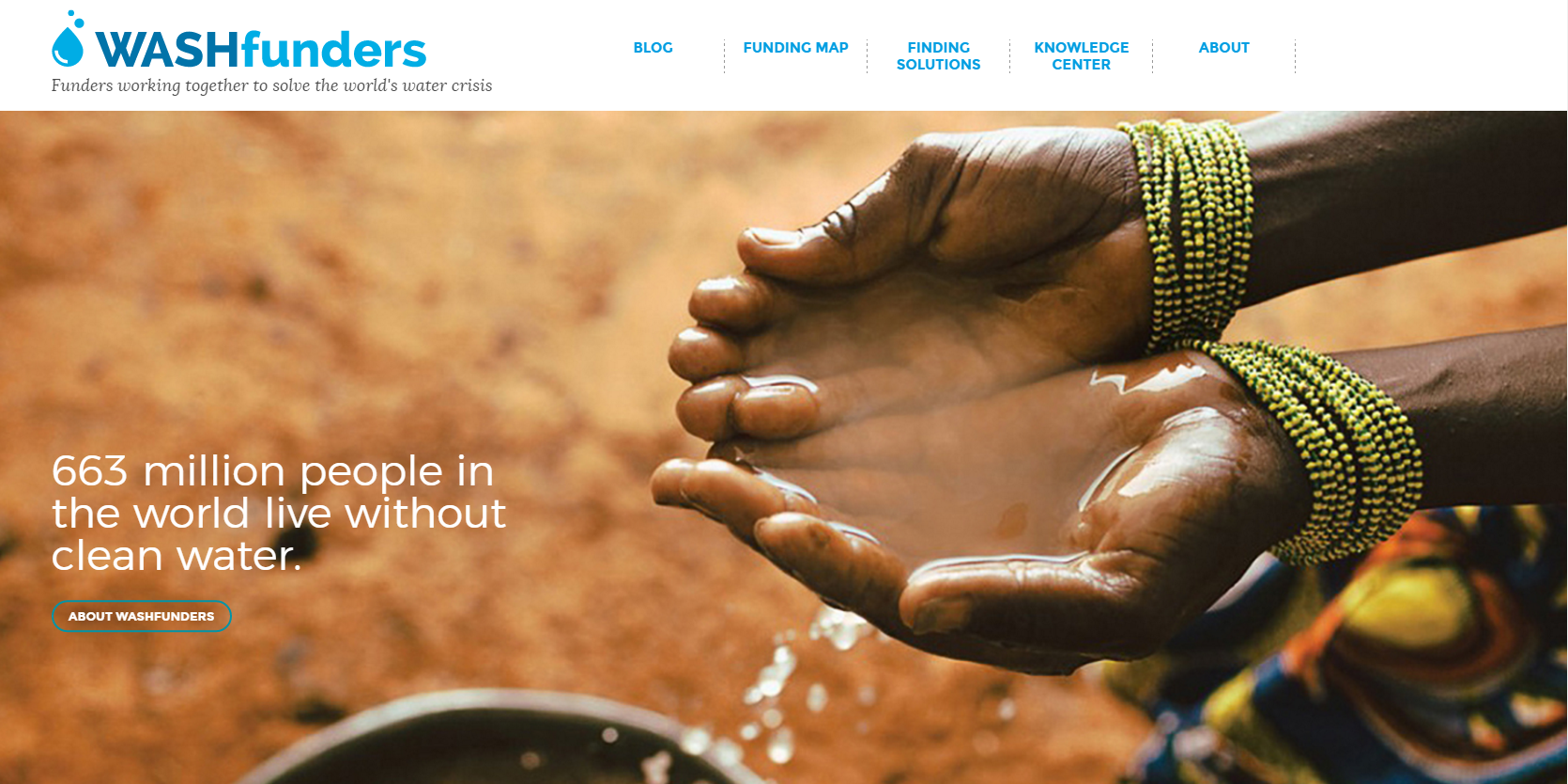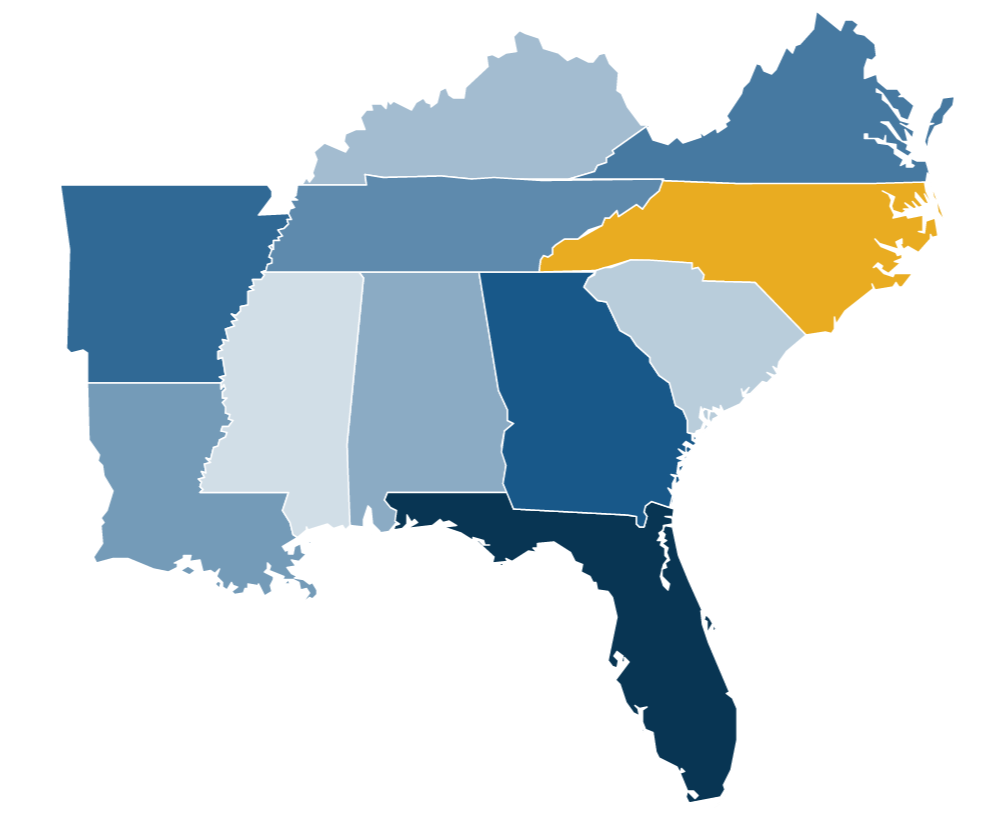Sharing Knowledge, Finding Solutions Improving access to palliative care
As Atlantic Philanthropies makes its final philanthropic investments, it is asking some important questions, including: "How can we all build on the advances and lessons learned from our thirty-plus years of grantmaking?" and "How can we make sure that valuable knowledge on issues that matter to us is not simply lost when we close our doors?"
The Foundation Center has partnered with Atlantic to help answer these questions, starting with an issue that crosses every physical, political, and social boundary in the world: improving access to palliative care.
The result of our partnership is IssueLab's newly launched "Improving Access to Palliative Care," a special collection of more than eighty documents that provides valuable insight into why millions of people cannot access the care they need. Gathered from nonprofits and foundations around the world, the documents in the collection are easily explored through an interface that lays out the key barriers to access and some of the recommended solutions.
As we began work on the collection, I asked Gail Birkbeck, strategic learning and evaluation executive at Atlantic, why the foundation chose access to palliative care as an important topic to address in this way. "Since 2004, Atlantic has invested $58.5 million in palliative care covering a broad spectrum of activities, from building hospice facilities to funding professional staff associations and research institutes," said Birkbeck. "It's apparent from our work that, in general, how you die is a function of where you live. Especially in developing countries, there is limited access to palliative care."
The fact is that millions of people worldwide do not receive adequate care at the end of their lives or are denied the most basic forms of pain relief. This, in turn, is the result of a complex but eminently resolvable set of obstacles. Through this special collection, Atlantic Philanthropies wants to share what it, its funding colleagues, and its grantees have learned from their work on the issue, and what they see as the most pressing needs moving forward. Distinct from clinical or academic research, nearly all of the reports in the collection capture field-based knowledge that foundations, practitioners, and nonprofits produce in the course of their work (what some call "gray literature"). It's the kind of knowledge that can really help advance progress on a stubborn issue by giving users insights from other organizations working on that issue.
When I asked Birkbeck why it's important to collect this "gray literature" and what can be learned from it, she said, "The reports in the collection contain valuable findings that reflect deep, practical knowledge and expertise. The gray literature provides a different — often more hands-on — view than academic and clinical research, and the dynamic nature of the collection ensures that there is access to recent work in the field, from both Atlantic grantees and others.
"As Atlantic enters its final phase," Birkbeck added, "we are committed to sharing what we and our grantees have learned, and this collection helps provide our learnings alongside those of other foundations and nonprofits. As a limited-life foundation, we strategically select partners that can help ensure that Atlantic's legacy will continue to 'live' and be useful to others after we've closed our doors. We chose the IssueLab platform because it allows others to easily and freely access this knowledge in one place and also to contribute new research to the collection in the years to come, when Atlantic is no longer around."
In many ways, the collection speaks to the growing interest in one of the social sector's greatest assets: the knowledge it produces about social issues. But it also speaks to the necessity of bringing that knowledge together in usable ways so that funders and practitioners can spend their time learning from their colleagues and improving their services, not searching for reports across hundreds of Web sites. Through IssueLab, the Foundation Center is helping foundations, communities of practice, researchers, funder collaboratives, and nonprofits gather, index, and broadly share the knowledge they need to do their jobs.
Both the Foundation Center and Atlantic hope that this collective body of knowledge will contribute to and support the efforts of those working to ensure that — sooner rather than later — anyone can get the care they need, no matter who they are or where they live.
Gabriela Fitz is director of knowledge management at the Foundation Center and co-founder of its IssueLab service.

